
From a major restructuring to AI breakthroughs, this year was one for the books.
So, as we put 2023 in the rearview mirror, Alizila has gathered highlights from across Alibaba Group’s ecosystem. We chose achievements that will have a lasting impact on how the group does business and those that will resonate with society at large.
Scroll through Alibaba’s year in review
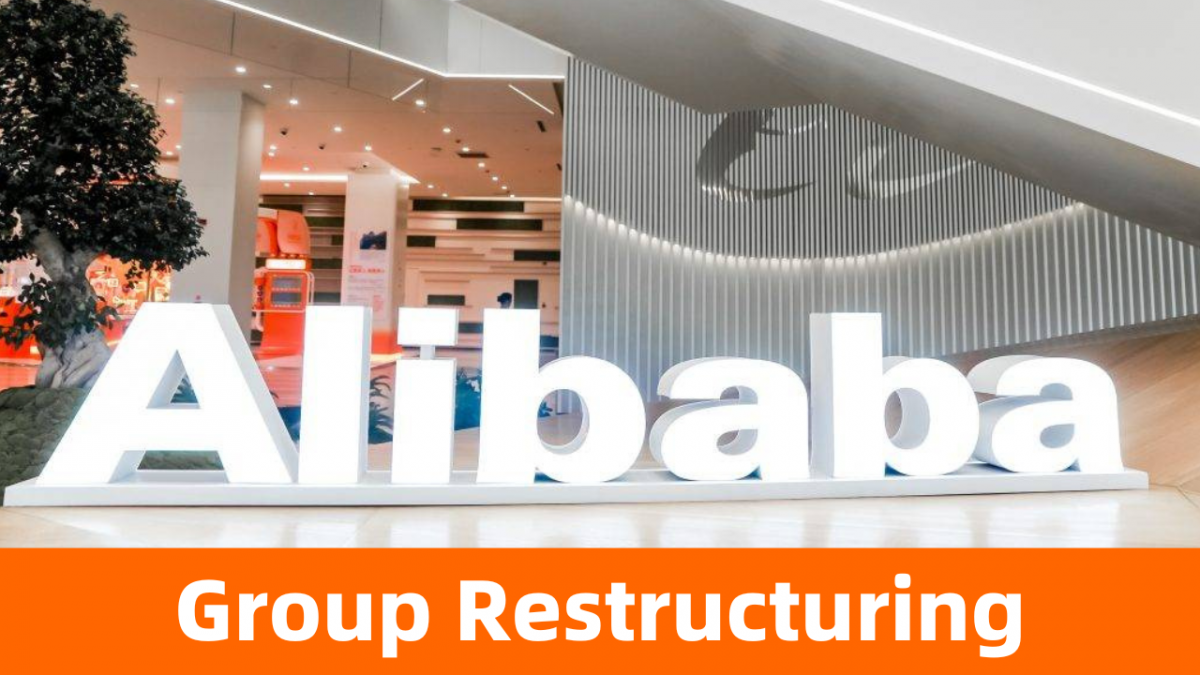
Alibaba Group launched its biggest organizational shake-up in 24 years in March when it announced a restructuring into six business groups and other investments to unlock shareholder value and foster market competitiveness.
Under the new structure, the Taobao and Tmall Group is responsible for China-focused commerce, including its two eponymous digital marketplaces. Meanwhile, Cloud Intelligence Group houses cloud computing and artificial intelligence activities.
The Local Services Group hosts navigation platform Amap and delivery service Ele.me, while logistics activities are the remit of Cainiao Smart Logistics Group, and commerce outside of China falls under the Alibaba International Digital Commerce Group (AIDC).
Movie producer Alibaba Pictures, video streaming platform Youku and other entertainment-related units belong under the Digital Media and Entertainment Group. That’s not all – outside of these six groups are a host of other investments and companies as well.

AIDC revealed itself as a revenue-driving powerhouse following the reorganization. In the quarter ending Sept. 30, 2023, marketplace AliExpress registered a double-digit quarterly jump in orders year-over-year.
Alongside Lazada, Trendyol, Daraz and Miravia, the marketplace forms part of AIDC’s international retail commerce business, which posted a 73% year-over-year leap in quarterly revenue.
The group also narrowed losses in 2023 and rolled out a range of innovations, like a suite of AI-backed application programming interfaces for merchants and a digital avatar on AliExpress to conduct 24-hour livestreaming.
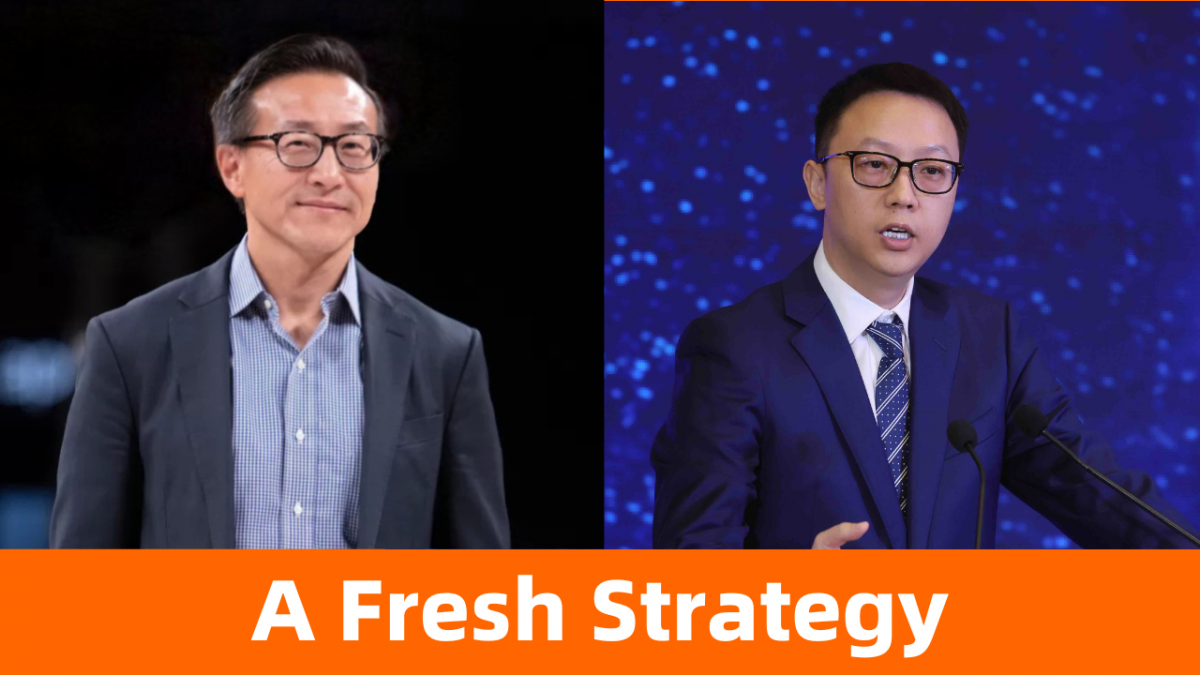
Eddie Wu and Joe Tsai took over as Alibaba Group CEO and Chairman, respectively, in 2023, and shared their plans for the holding company and its business units.
The holding company will evaluate each business based on its market size, business model, and product competitiveness. Core businesses will receive attention and resources, while the group will spur non-core ones to hit profitability or monetize them.
“No matter how successful our business models have been in the past, we need to turn over a new page and start afresh,” Wu told investors and analysts on an earnings call in November.
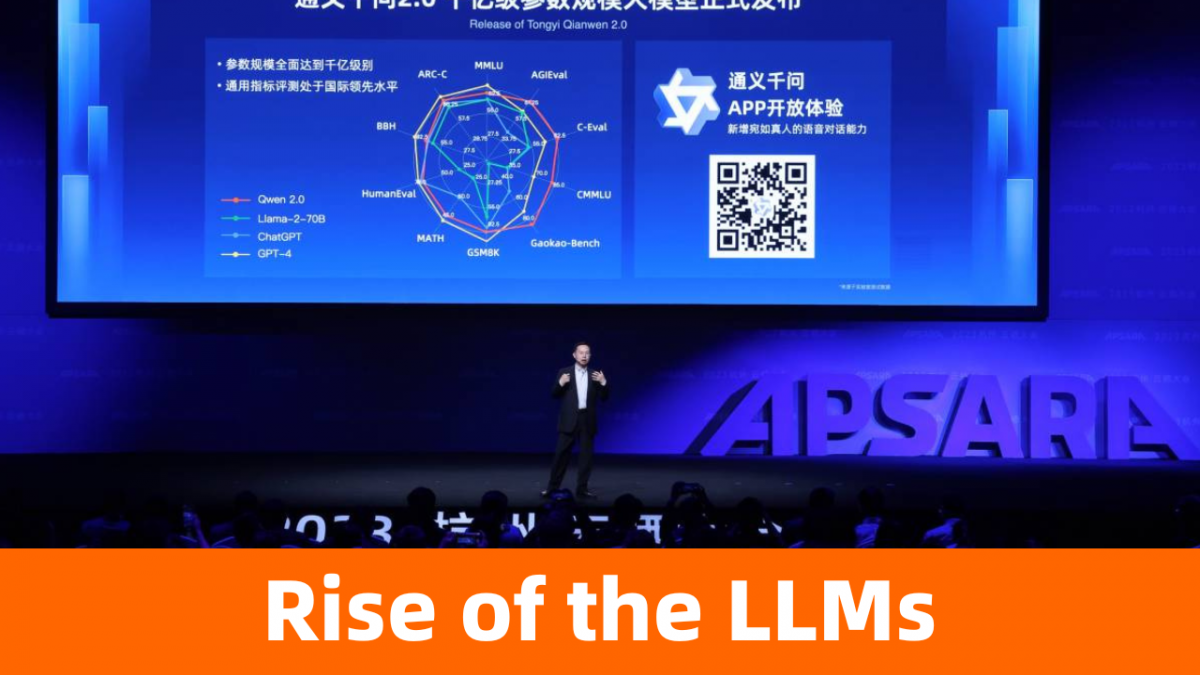
Alibaba Cloud made great strides in 2023 to help users reap the benefits of generative AI. The business unveiled an AI model, dubbed Tongyi Qianwen, in April and followed up seven months later with a new and improved version capable of understanding complex instructions, copywriting, reasoning, and memorizing.
Alibaba Cloud also released a range of other large language models (LLMs) for generating images from word prompts, creating stories from photos and more.
How successful are these innovations? The proof is in the numbers – as of October, 80% of China’s technology companies and half of the country’s large model companies run on Alibaba Cloud.
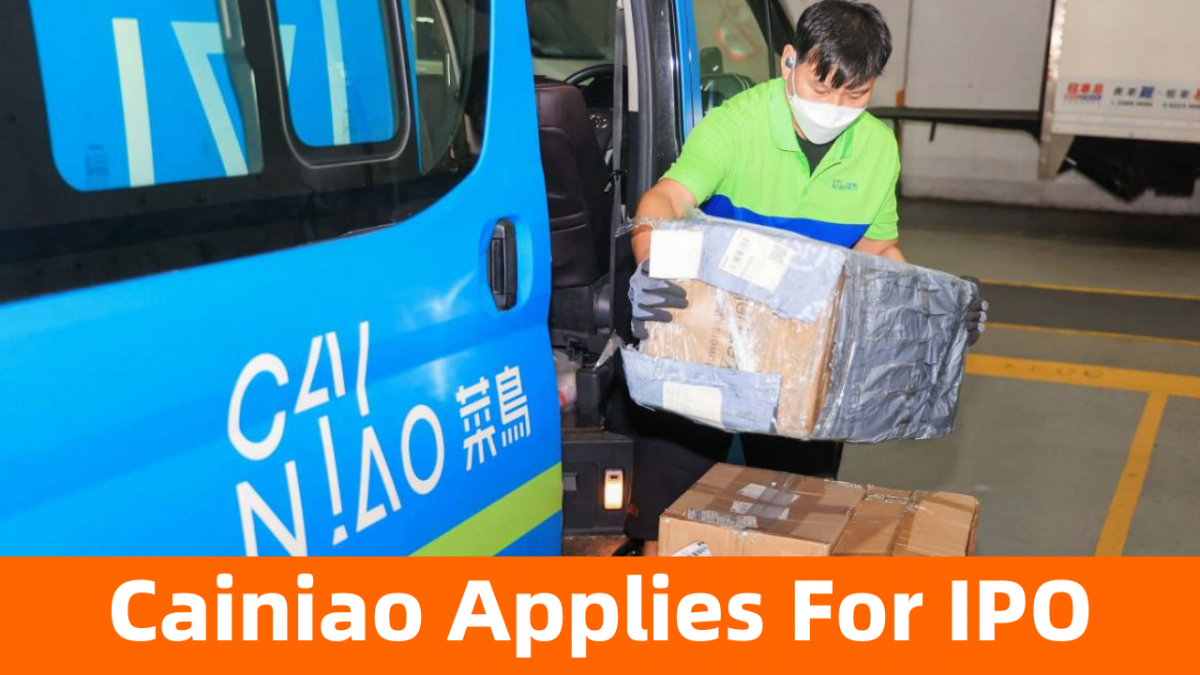
2023 was a banner year for Alibaba’s logistics service Cainiao Smart Logistics Network Limited, which has applied for an initial public offering in Hong Kong and has submitted its A1 filing to the Hong Kong Stock Exchange.
In July, Cainiao launched its first Indonesian warehouses in the new Cainiao Cikarang Logistics Park as part of its push into the Southeast Asian market.
Cainiao has extended its cross-border deliveries to serve more consumers. During the quarter ended Sept. 30, Cainiao rolled out its premium 5-day delivery service for consumers in eight countries and regions.
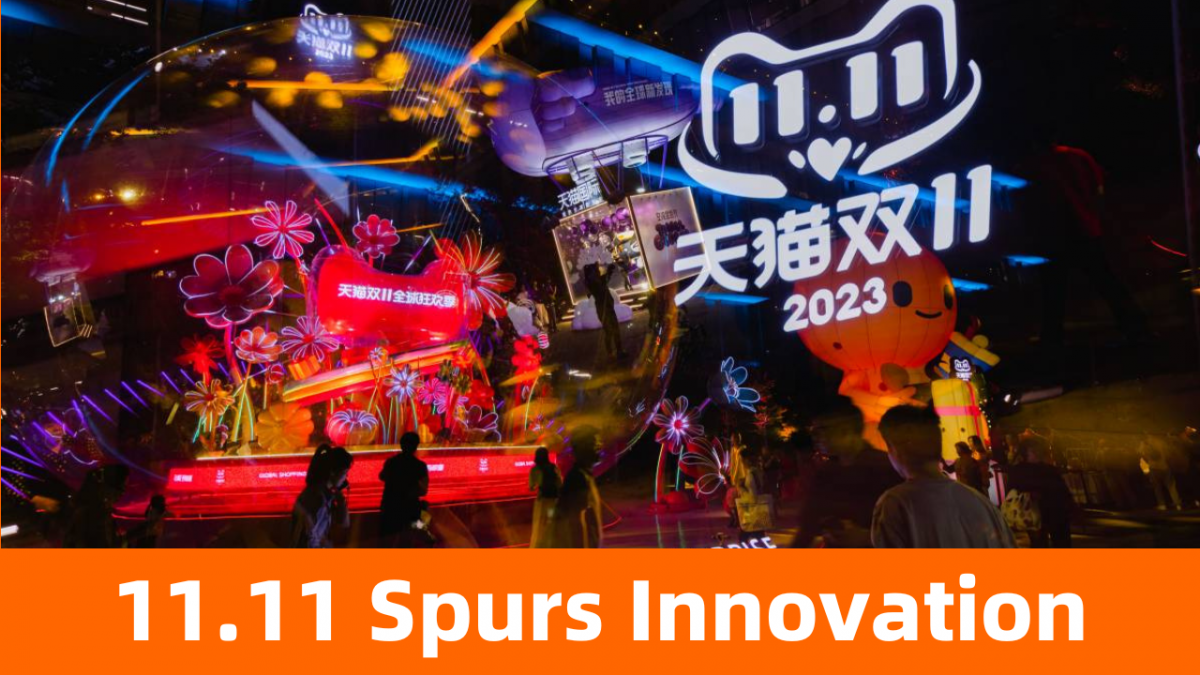
The 11.11 Global Shopping Festival, also known as Double 11 or Singles’ Day, turned 15 in 2023.
This year, China commerce business Taobao and Tmall Group said gross merchandise value, orders and participating merchants all increased, with value-for-money products and livestreaming proving particularly popular among consumers.
The Middle Kingdom’s retail sector embraced AI technology during the festival. Consumers flocked to a chatbot named Wenwen on Taobao to find the best deals, while Alibaba made 11 AI tools freely available to merchants on Tmall and Taobao.
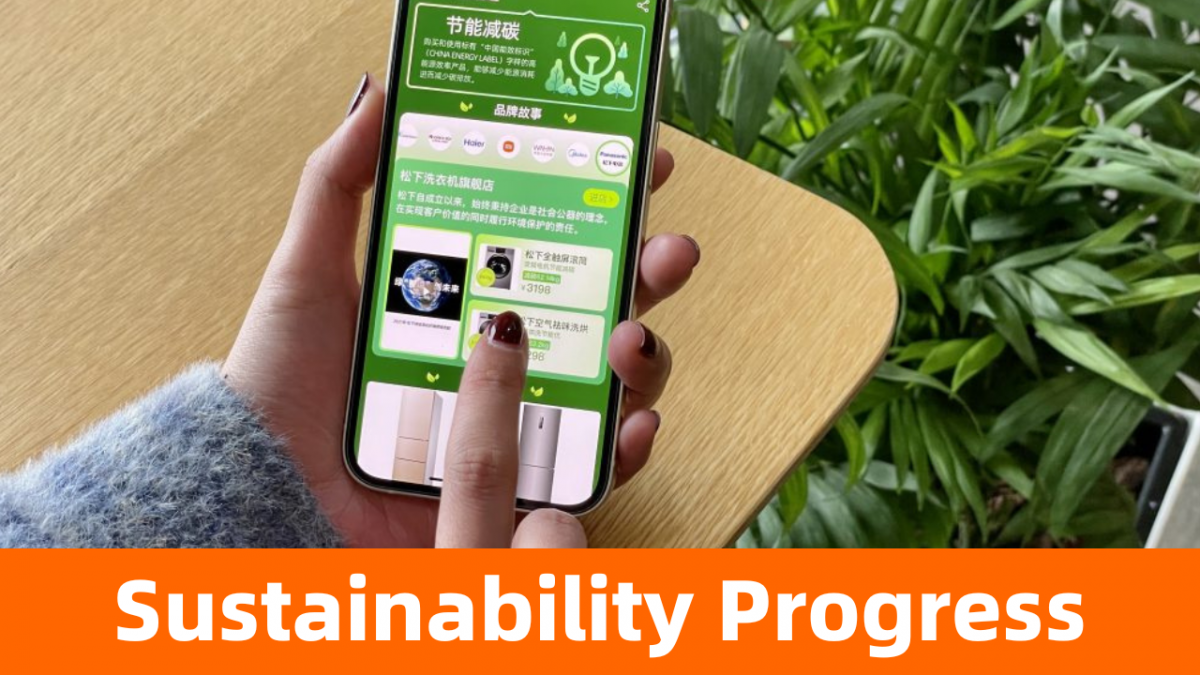
2023 was a banner year for the group’s sustainability initiatives. Alibaba cut net carbon emissions from its direct operations by 12.9% in the year ending March 31, 2023, and joined the World Business Council for Sustainable Development to promote decarbonization.
These efforts were mirrored across the wider group ecosystem. Delivery service Ele.me made headlines this year for encouraging consumers to opt out of plastic cutlery, and during the largest Asian Games in history in September, Alibaba Cloud leveraged its Energy Expert sustainability app to help participants track their plastic consumption and reward greener choices.
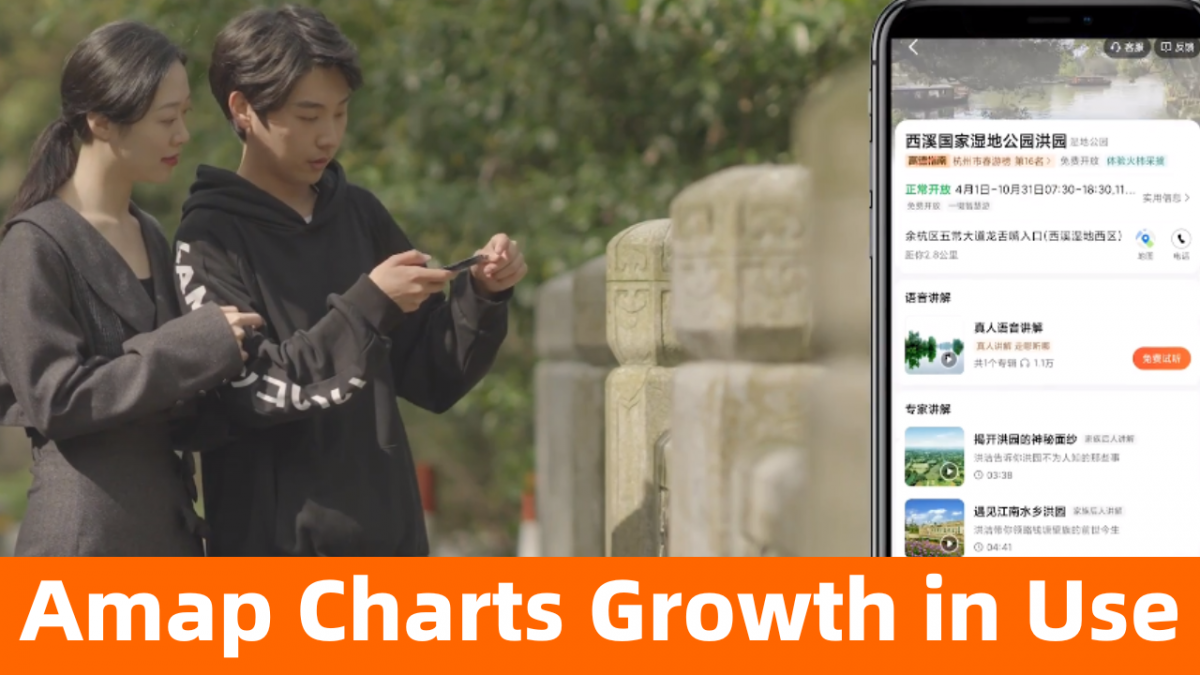
Alibaba’s navigation platform Amap sailed through 2023 with the same ease with which it gives directions to hundreds of millions of its users.
Amap reached new heights this year when it recorded over 280 million peak daily active users during the Mid-Autumn Festival and National Day holiday period.
The platform, like Google Maps, can be used by pedestrians, cyclists and drivers alike to plot routes in China and abroad. Updates released in the last year include a road curve warning to anticipate blind spots and a traffic flow predictor that counts down traffic light waits.

China’s live events and entertainment industry experienced a renaissance this year, and Alibaba led the way.
The Chinese box office hit an all-time high during the summer, buoyed by the likes of Alibaba Pictures-produced thriller “No More Bets” which raked in RMB3.526 billion ($490 million) to become the season’s highest-grossing film. The Hong Kong-listed movie producer also showed confidence in China’s arts sector and bought the operator of offline entertainment business Damai for $167 million.
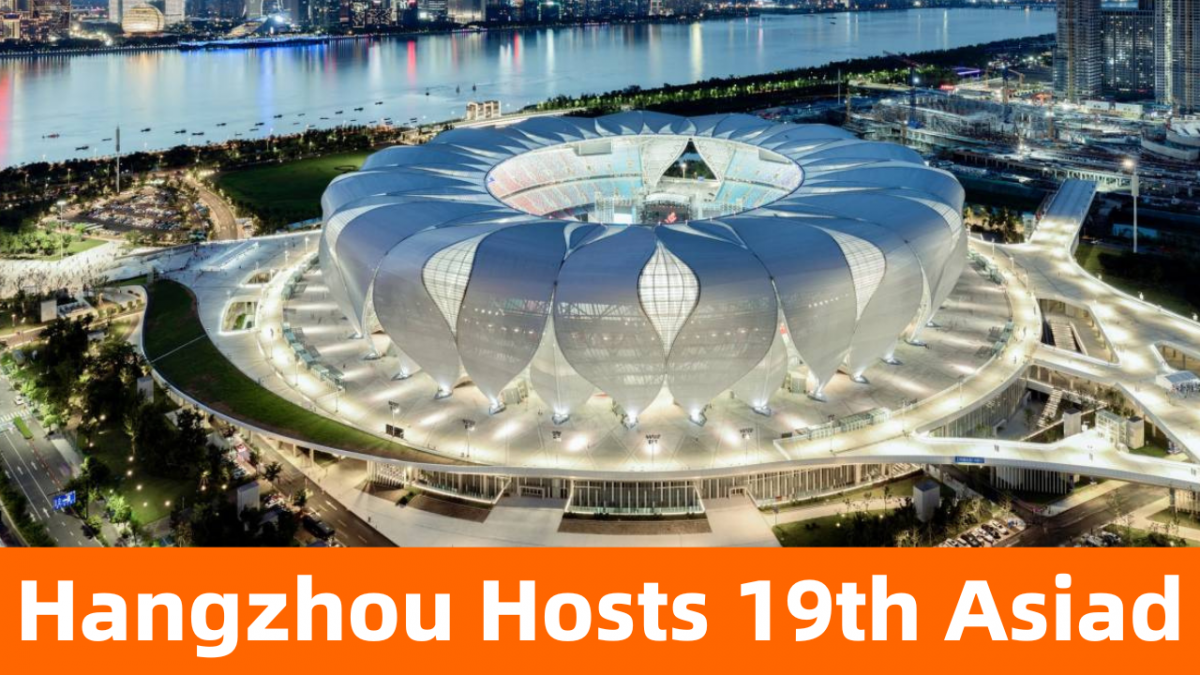
Alibaba’s home city Hangzhou hosted the 19th Asian Games in September 2023, and business units from across the group were on hand to assist organizers, encourage inclusivity and bring the games to viewers worldwide.
Stakeholders, from organizers and suppliers to volunteers and venue operators, leveraged workplace collaboration platform DingTalk to prepare for this mega-sporting occasion.
Alibaba Cloud launched AI-powered sign language translator Xiaomo during the games to help hearing-impaired Asiad participants ask for directions, view event schedules and more.
Alibaba Cloud also migrated the event’s broadcasting systems to the cloud to serve over 100,000 media groups, and between Sept. 23 and Oct. 8, the company transmitted over 5,000 hours of live footage. Go team!
This article was originally published on Alizila, written by Elizabeth Utley.
Japanese-Language AI Models Based on Tongyi Qianwen (Qwen) Were Launched by rinna

1,291 posts | 455 followers
FollowAlibaba Cloud Community - January 2, 2024
Alibaba Cloud Community - January 4, 2024
Alibaba Cloud Community - December 8, 2021
Alibaba Cloud Community - December 30, 2022
ApsaraDB - February 17, 2023
ApsaraDB - October 23, 2023

1,291 posts | 455 followers
Follow Tongyi Qianwen (Qwen)
Tongyi Qianwen (Qwen)
Top-performance foundation models from Alibaba Cloud
Learn More Alibaba Cloud for Generative AI
Alibaba Cloud for Generative AI
Accelerate innovation with generative AI to create new business success
Learn More AgentBay
AgentBay
Multimodal cloud-based operating environment and expert agent platform, supporting automation and remote control across browsers, desktops, mobile devices, and code.
Learn More AI Acceleration Solution
AI Acceleration Solution
Accelerate AI-driven business and AI model training and inference with Alibaba Cloud GPU technology
Learn MoreMore Posts by Alibaba Cloud Community